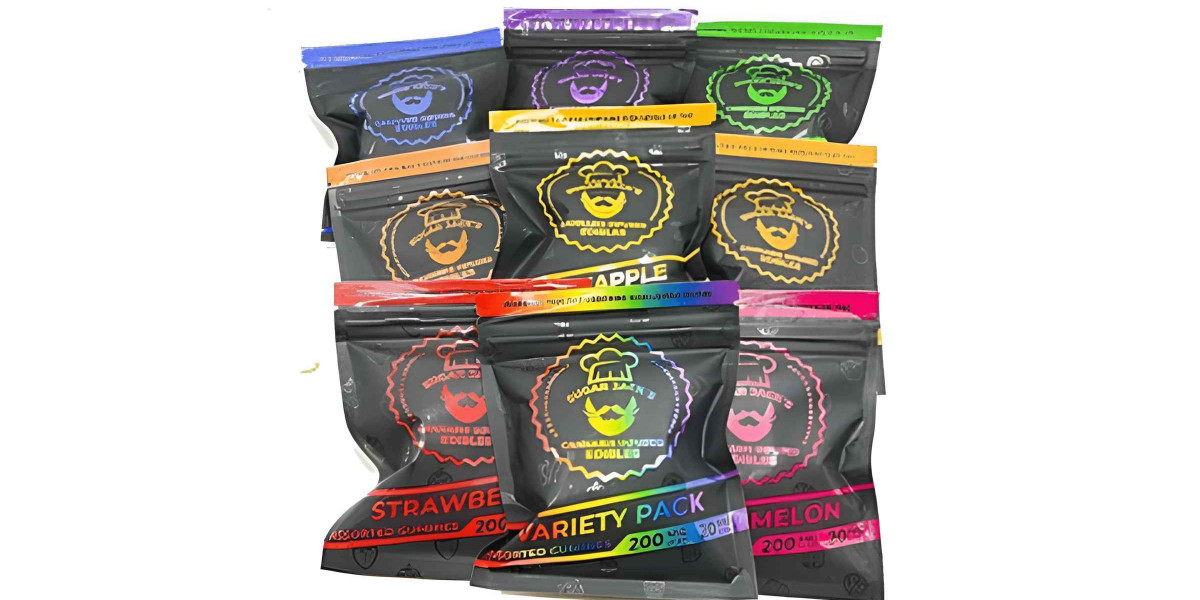Juicy Couture was founded in 1997 by Pamela Skaist-Levy and Gela Nash-Taylor in California. They aimed to create comfortable yet stylish clothing that blended casual wear with luxury appeal. In 2001, they introduced the velour tracksuit, which quickly became their signature product. The tracksuit featured a zip-up hoodie and matching pants, often adorned with rhinestones and logos. Its soft fabric and vibrant colors appealed to a wide range of consumers. The brand's unique approach combined comfort with a sense of glamour and exclusivity. This innovative design caught the attention of fashion enthusiasts and celebrities alike. Juicy Couture's tracksuit soon became a symbol of early 2000s fashion trends.
Celebrity Endorsements Boost Popularity
The popularity of https://juicycouturetracksuits.com/ soared when celebrities began wearing them publicly. Madonna was among the first, donning a custom tracksuit during her 2006 tour . Paris Hilton, Britney Spears, and Jennifer Lopez frequently appeared in Juicy tracksuits, further amplifying the trend . These high-profile endorsements made the tracksuit a must-have item for fans and fashionistas. The media coverage of celebrities in Juicy Couture created a buzz that fueled consumer demand. People aspired to emulate their favorite stars by wearing similar outfits. The association with celebrity culture elevated the brand's status in the fashion industry. Juicy Couture became synonymous with the glamorous lifestyles of early 2000s celebrities.
Marketing Strategies and Gifting
Juicy Couture's founders employed innovative marketing strategies to promote their brand. They organized gifting suites at events like the Chateau Marmont, offering free products to celebrities . This approach allowed them to build relationships with influential figures in the entertainment industry. By providing complimentary tracksuits, they encouraged celebrities to wear and promote their products. This grassroots marketing tactic proved effective in generating organic publicity and brand awareness. The visibility of celebrities in Juicy Couture attracted media attention and consumer interest. This strategy set a precedent for future fashion brands seeking celebrity endorsements. Juicy Couture's success demonstrated the power of strategic gifting in brand promotion.
The Tracksuit as a Status Symbol
Wearing a Juicy Couture tracksuit became a status symbol in the early 2000s. The tracksuit's association with celebrities conveyed a sense of luxury and exclusivity. Consumers viewed the outfit as a way to align themselves with the glamorous lifestyles of their idols. The brand's distinctive designs and logos made the tracksuit instantly recognizable. Owning a Juicy Couture tracksuit signified fashion-forwardness and social awareness. The tracksuit transcended its functional purpose, becoming a statement piece in popular culture. Its prominence in media and celebrity circles reinforced its status as a coveted fashion item. Juicy Couture successfully transformed casual wear into a symbol of aspiration and prestige.
Decline and Resurgence
As fashion trends evolved, the popularity of Juicy Couture tracksuits declined in the late 2000s. Consumers shifted towards minimalist styles, and the brand's flashy designs fell out of favor. Juicy Couture faced challenges in adapting to changing market preferences and competition. However, the brand experienced a resurgence with the revival of Y2K fashion trends. Nostalgia for early 2000s styles brought Juicy Couture back into the spotlight. Celebrities and influencers began showcasing vintage tracksuits on social media platforms. The renewed interest led to collaborations and re-releases of classic designs. Juicy Couture capitalized on this nostalgia to reconnect with both old fans and new audiences.
Influence on Modern Fashion
Juicy Couture's tracksuits played a significant role in shaping modern fashion trends. They contributed to the rise of athleisure, blending athletic wear with everyday fashion. The brand demonstrated that comfort and style could coexist in clothing design. Their success inspired other fashion labels to explore similar concepts and collaborations. Juicy Couture's impact is evident in the continued popularity of loungewear and casual chic styles. The brand's approach to marketing and celebrity partnerships influenced industry practices. Their legacy persists in the way fashion brands engage with pop culture and media. Juicy Couture's tracksuits remain a reference point for discussions on fashion innovation and trends.
Celebrity Influence on Consumer Behavior
The endorsement of Juicy Couture tracksuits by celebrities significantly influenced consumer behavior. Fans sought to emulate their favorite stars by purchasing similar outfits. This phenomenon highlighted the power of celebrity culture in shaping fashion choices. The visibility of celebrities in specific brands can drive demand and sales. Juicy Couture leveraged this dynamic to establish a strong market presence. Their success underscored the importance of aligning products with influential figures. The brand's strategy demonstrated how celebrity endorsements could create aspirational value. Juicy Couture's experience serves as a case study in the impact of celebrity influence on fashion.
Legacy and Cultural Impact
Juicy Couture's tracksuits have left a lasting legacy in the fashion industry. They symbolize a specific era characterized by the fusion of comfort and glamour. The brand's innovative approach to design and marketing set new standards. Their influence extends beyond clothing, affecting branding and consumer engagement strategies. Juicy Couture's story reflects broader trends in fashion, celebrity culture, and consumer behavior. The tracksuit remains an iconic representation of early 2000s style and sensibilities. Their resurgence illustrates the cyclical nature of fashion and the enduring appeal of nostalgia. Juicy Couture's impact continues to be studied and celebrated in fashion discourse.










